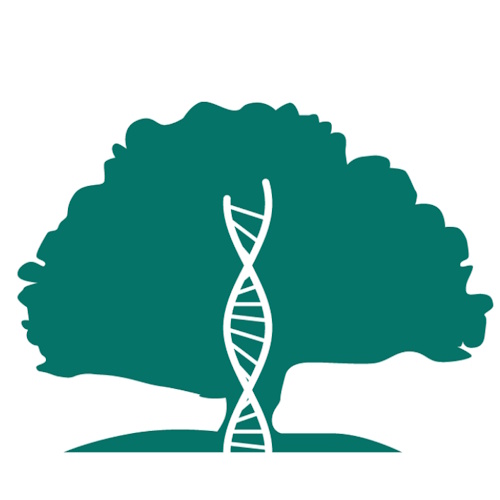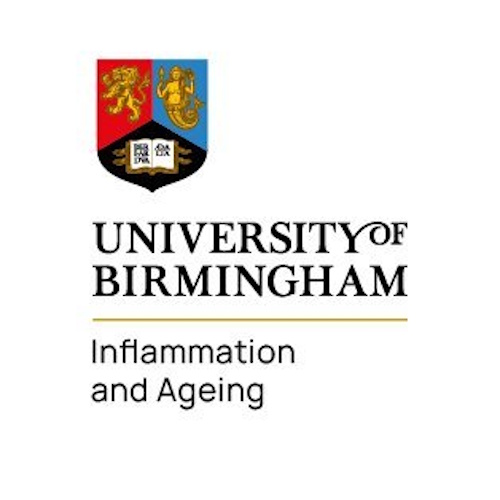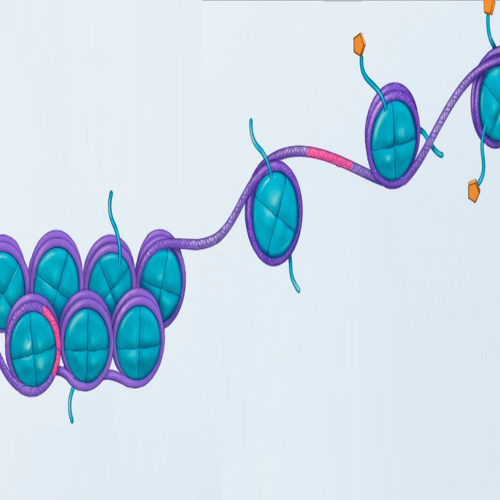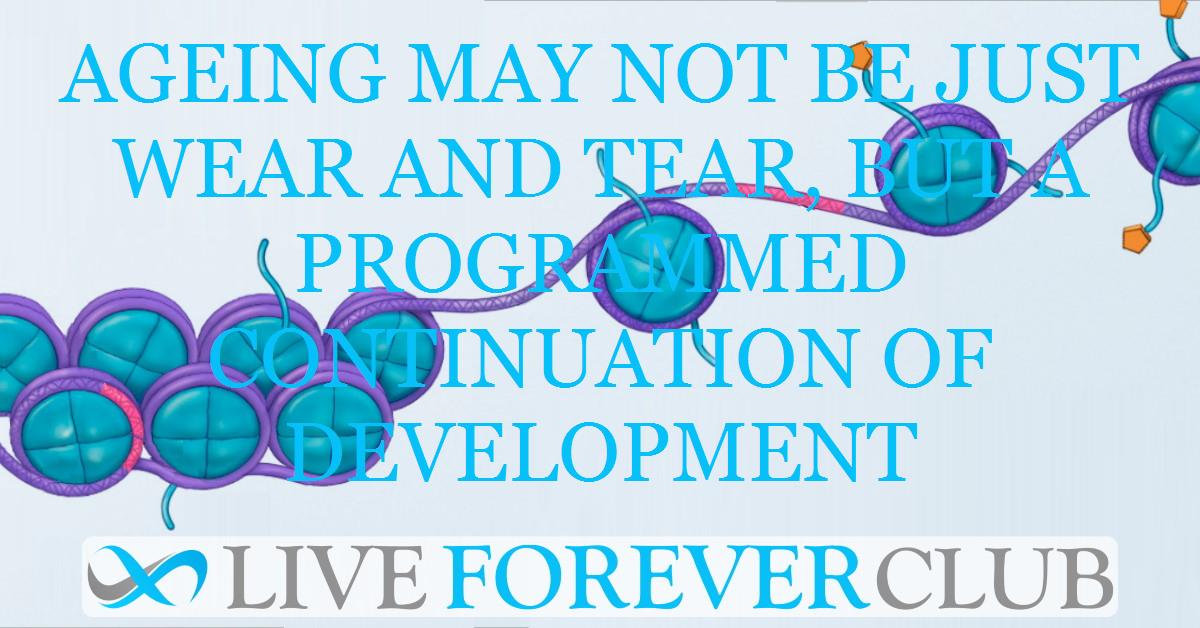Ageing is an inevitable part of life, yet its underlying mechanisms remain a mystery. Ageing research has entered a new era, focusing on epigenetic clocks. These clocks are not actual clocks but are ways to measure ageing based on changes in our DNA. Unlike traditional methods that look at age in years, epigenetic clocks use biological markers. They track how certain chemical tags on our DNA, known as methylation, change over time. These changes provide insights into our biological age, which can differ from our chronological age. This approach is helping us understand ageing better, offering new ways to study and potentially slow down the ageing process.
The Core Research
A study, led by David Gems, João Pedro de Magalhães and team, examines these epigenetic clocks in depth. It reveals a fascinating link between these clocks and our developmental processes, suggesting that our ageing process might be an extension of our development from youth to adulthood. This perspective is a significant shift from the previous views that largely saw ageing as a gradual accumulation of damage and dysfunction.
Methylation Clocks as Ageing Biomarkers
The research highlights several key findings:
1. The Concept of Methylation Clocks:
At the core of this research is the concept of methylation clocks. Methylation is a chemical modification where methyl groups attach to DNA, impacting how genes are expressed. As we age, these methylation patterns change, making them reliable indicators of biological ageing. Unlike chronological age, which measures time since birth, biological age reflects the condition of our bodies and cells.
2. Methylation Patterns and Ageing:
The study found that methylation patterns, which serve as the basis of these clocks, are remarkably consistent across different mammalian species. This consistency is intriguing, considering the vast differences in lifespans and ageing processes among species. It suggests that there might be a universal biological mechanism underlying ageing, governed by how our DNA is methylated over time.
3. Correlation with Developmental Biology:
A groundbreaking aspect of this study is the link it establishes between methylation clocks and developmental biology. It proposes that the ageing process is not merely a decline or accumulation of cellular damage. Instead, it could be an extension of the developmental process that starts from birth. This theory suggests that the biological changes we undergo in ageing might be a programmed continuation of the changes that occur during development.
4. Age-Related Diseases and Lifespan:
Understanding methylation clocks has significant implications for health and medicine, particularly in the context of age-related diseases. By closely monitoring these epigenetic changes, scientists could potentially predict the onset of age-related diseases earlier. This knowledge opens up possibilities for preventive healthcare strategies and more targeted interventions. Additionally, it could lead to insights into the factors that influence lifespan, providing a pathway to extend healthy human longevity.
A New Era in Gerontology
The emergence of epigenetic clocks in ageing research marks the beginning of a new era in gerontology, the study of ageing. This new phase is characterised by a shift in how we understand the ageing process. Traditionally, ageing was seen as a natural decline in physical and mental capabilities. But now, with the advent of epigenetic clocks, our perspective is changing.
1. Reconceptualising Ageing:
The traditional view of ageing focused on the inevitable wear and tear of our bodies over time. This wear and tear were thought to lead to the typical signs of ageing, like wrinkles and gray hair, and more serious health issues. However, the discovery of epigenetic clocks offers a new way to look at ageing. It suggests that ageing is more than just a passive decline; it might be an active, programmed process.
2. The Role of Epigenetic Clocks:
Epigenetic clocks measure ageing through changes in DNA methylation, a chemical process that affects how genes work. These clocks have shown that our biological age, which reflects the state of our bodies, can be different from our chronological age, the number of years since we were born. This distinction is crucial for understanding why some people age healthier than others.
3. Implications for Health and Longevity:
This new understanding of ageing has significant implications for health and longevity. If ageing is a programmed process, it might be possible to influence or modify this process. This could lead to breakthroughs in preventing or treating age-related diseases, such as Alzheimer's, heart disease, and cancer.
4. A Multidisciplinary Approach:
The study of epigenetic clocks in ageing requires a multidisciplinary approach. It combines genetics, biology, and medicine. This approach helps researchers understand the complex interactions between our genes, our environment, and our lifestyle choices that contribute to ageing.
5. Future Prospects:
The ongoing research in this field holds promise for enhancing our understanding of the ageing process. It also offers hope for extending healthy lifespan and improving the quality of life for older adults. As we continue to unravel the mysteries of epigenetic clocks, we move closer to a future where ageing is better understood, more manageable, and perhaps even more reversible.
Conclusion
This study not only redefines our understanding of ageing but also paves the way for future research in the field. It highlights the importance of epigenetic clocks in ageing and offers a novel perspective on how we might approach ageing-related diseases and longevity.
Credits and Acknowledgements
The study was primarily conducted at the Institute of Healthy Ageing and Research Department of Genetics, Evolution, and Environment, University College London, and the Genomics of Ageing and Rejuvenation Lab, Institute of Inflammation and Ageing, University of Birmingham. The research was published in Preprints.org, offering an early insight into these groundbreaking findings.









